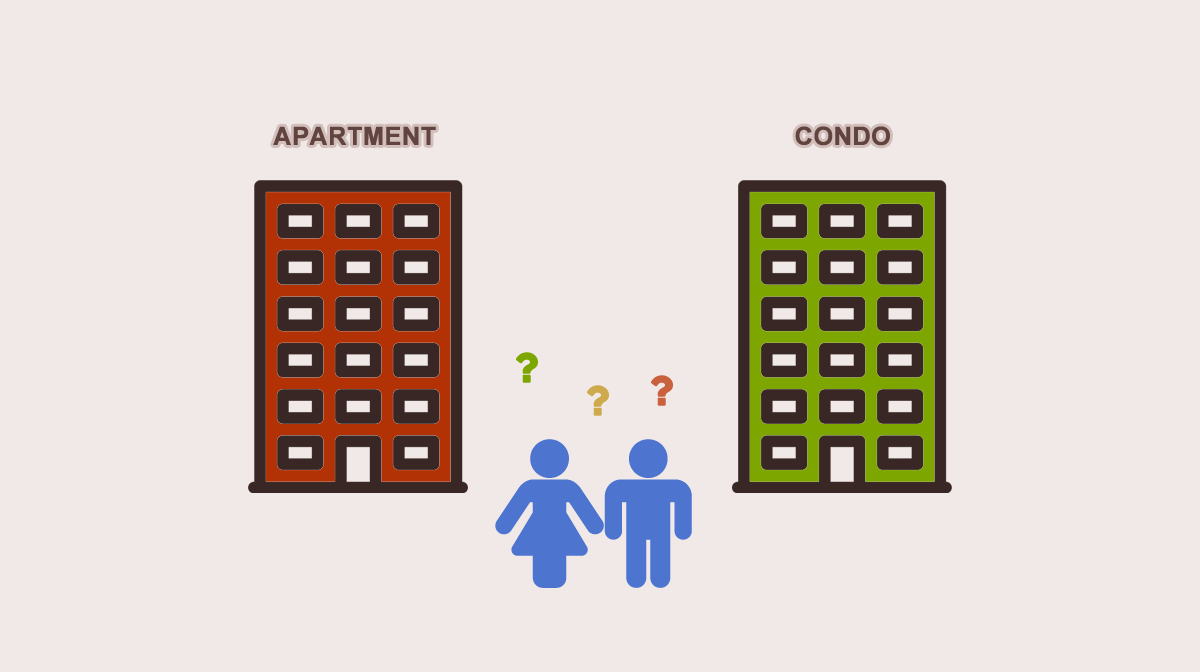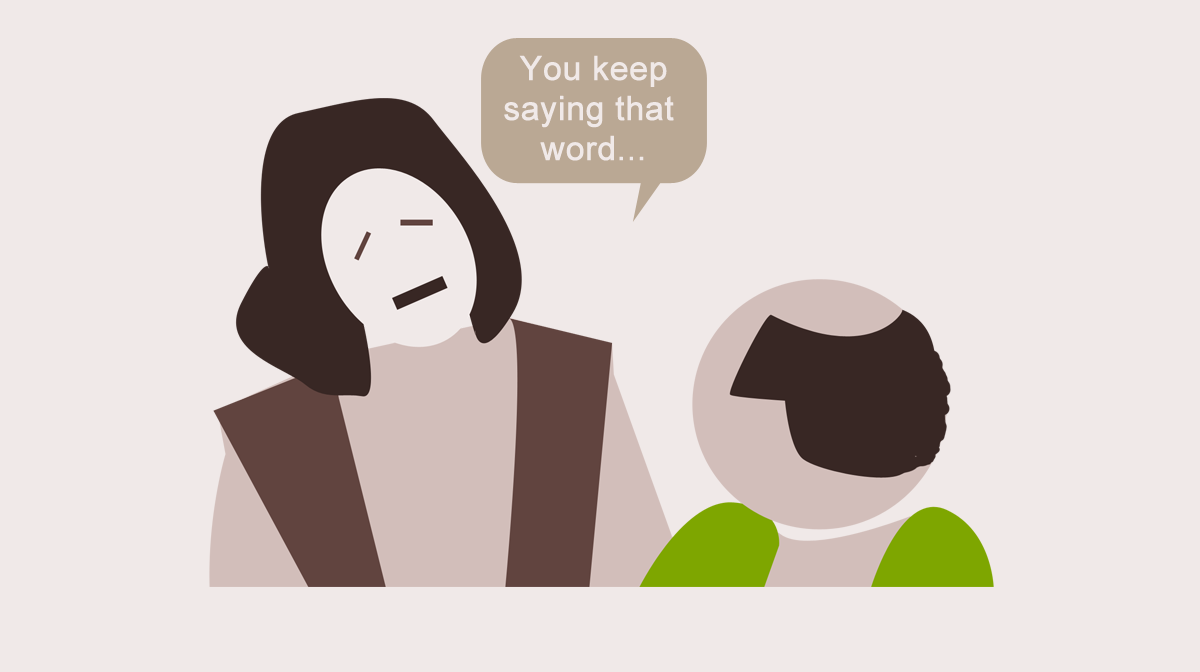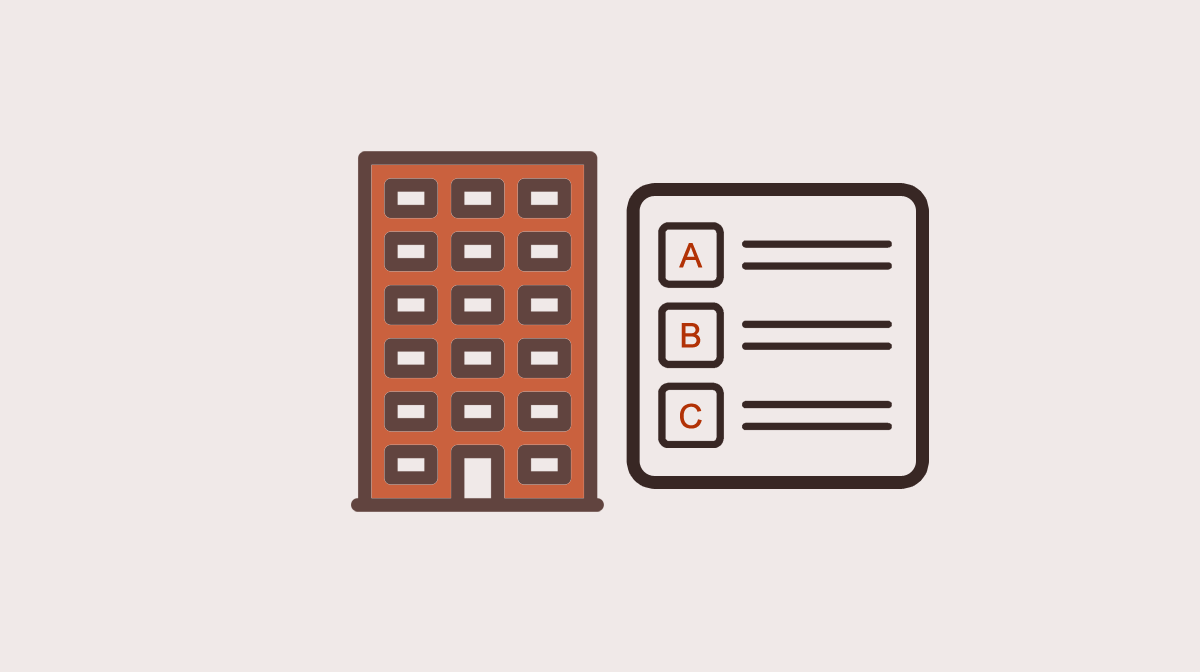Apartment hunters in Chicago have faced a tough market lately. The best apartments receive many applications within their first 24 hours on the market. While good landlords choose their renters on a first come, first serve basis, others say that they will choose the “best renters” out of their applications. In many cases, the best renters are not the ones who offer the most money - although that certainly helps! Rather, they are looking for reliable, quiet people with good jobs who are not likely to wreck the place.
So how do you prove that you're the best renter? How do you show that you're taking this apartment hunting thing seriously? Come prepared with a renter's resume! Just like the resumes you make when you're looking for a job, a renter's resume shows all of your experience in a tidy and concise format. However, instead of listing all of your work experience, you're going to be showcasing all of the qualities that make you an excellent human being. Continue reading Buff Up Your Rental Application with a Renter’s Resume






